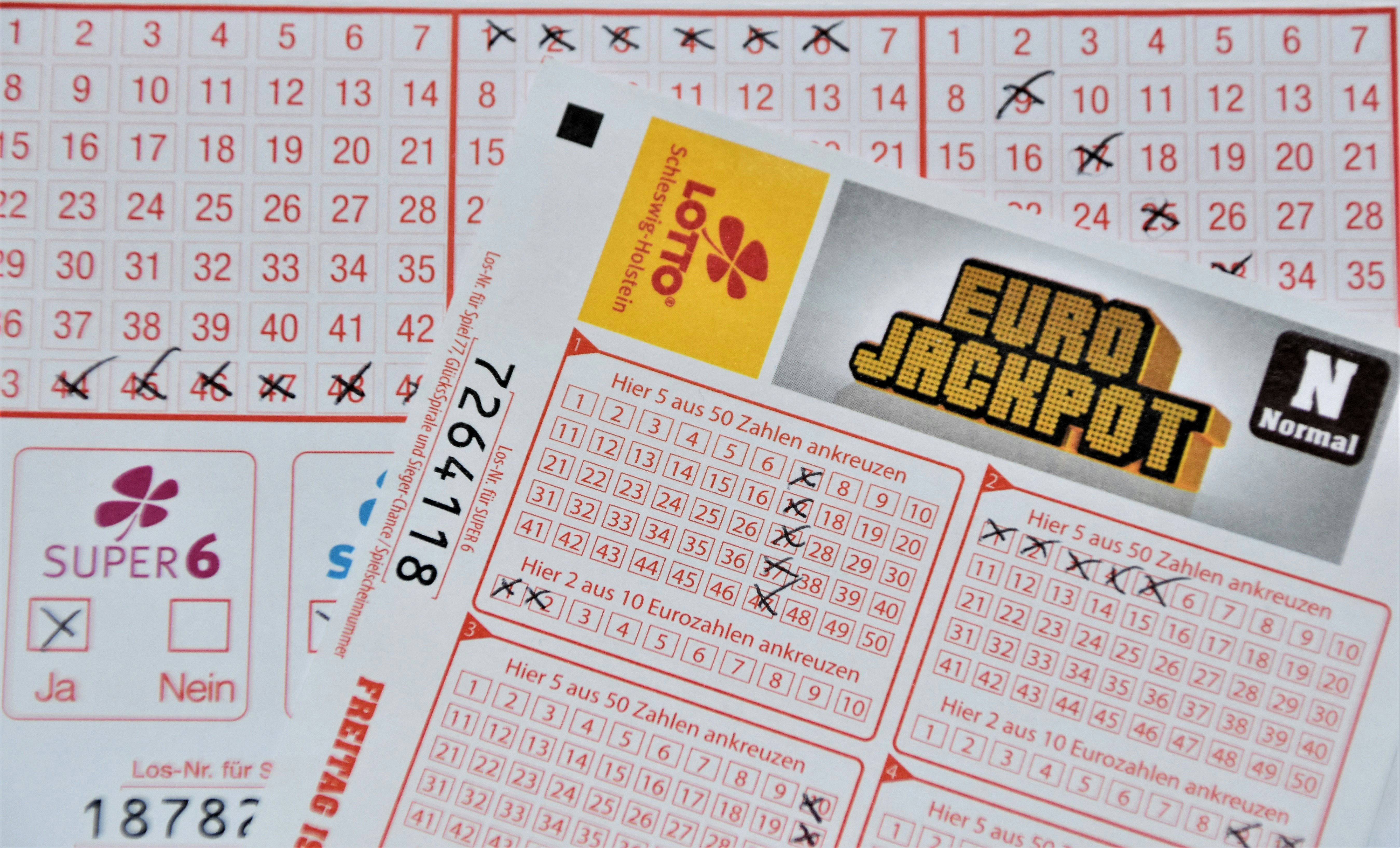We consider data protection important!
We use cookies to enhance your browsing experience, display personalized ads or content, and analyze traffic. By clicking the "Accept all" button, you consent to the use of cookies.

Gambling enthusiasts and the potential accumulation of winnings from week to week is what keeps a large proportion of the country's population excited about the numbers drawn in the weekly Five Lottery draw. They are more hopeful that if they hit a winning combination, their lives could be fundamentally changed. The very first draw of the Five Lottery was on 7 March 1957 and at the time of writing, the largest prize so far was recorded as 6,523,768,955 forints.
But what are the rules for this popular game?
The legal background to the Five Lottery is provided by Act XXXIV of 1991 on the organisation of games of chance. The authority responsible for the supervision of gambling is the Authority for the Supervision of Regulated Activities (hereinafter "the Authority"), which also supervises the operation of the Five Lottery, and only the state games organiser is authorised to organise this game.
The Five Lottery is also governed by the Promoter's Five Lottery Rules of Participation.
According to the law, a lottery is a game of numbers organised at the same time intervals and authorised by the Authority under the name "lottery", in which a predetermined number of numbers in a given set of numbers entitles the player to a prize.
In a numbers lottery, the organiser is required by law to award a predetermined prize to the holder of a ticket purchased for a predetermined purchase price if one or more numbers in the ticket number sequence match the number drawn in the public draw.
Are there any legal proceedings related to lotteries?
The history of court decisions includes more than one decision where the lottery was the subject of litigation. These cases typically involve several people playing the lottery together and then one of the players, to the exclusion of the others, alone collecting the winnings from the lucky winning ticket. This is fine when the others might realise that there is a benefit to playing the lottery together and it has not been shared by the other player who cashed the ticket, if they cannot agree among themselves, their case does not end up in a court case. In one such case, the Curia ruled that joint lottery winnings are subject to the parties' either oral agreement and the civil law rules on community property. The result in that case was that the partner who had concealed the prize had to share the lottery winnings with the others on a pro rata basis.
What is the prize pool?
In the context of the lottery, the law also stipulates that the prize pool is the product of the number of tickets purchased and their price, of which at least 40% must be used for prizes. In the five numbers lottery, you have to choose 5 out of 90 numbers and you win if you get as many of the 5 winning numbers as possible in the weekly draw. You need to hit at least 2 numbers to win something, and you need to hit 5 numbers to win the jackpot.
How to play the Five of a Kind lottery?
The Five of a Kind lottery can be played with your own numbers and random numbers, on paper or digitally. Bets can be placed on numbers from one to five weeks in advance. If no-one hits the five numbers drawn in a given week, the prize pool for the five winning tickets is added to the following week's winnings, significantly increasing the amount that can be won and typically the amount of money that can be won that week. This weekly accumulation can last up to a year if no one hits all the numbers week after week. If there are no five-hitters for a year, the jackpot is distributed among the other winners according to the participation rules. But it's not just the full-match prize pool that accumulates from week to week, because the same happens if there are no two, three or four-match tickets with the prize pools created for them.
How do I get the prize?
If a player has a full lottery ticket, his/her grand prize will be paid by the game operator only after verification and identification by bank transfer, no cash payment is possible. The organiser will deduct personal income tax from the winnings before payment, so there is no obligation to declare and pay tax.
The author of the article is Dr György Zalavári, lawyer and managing partner of Ecovis Zalavári Legal Hungary.
